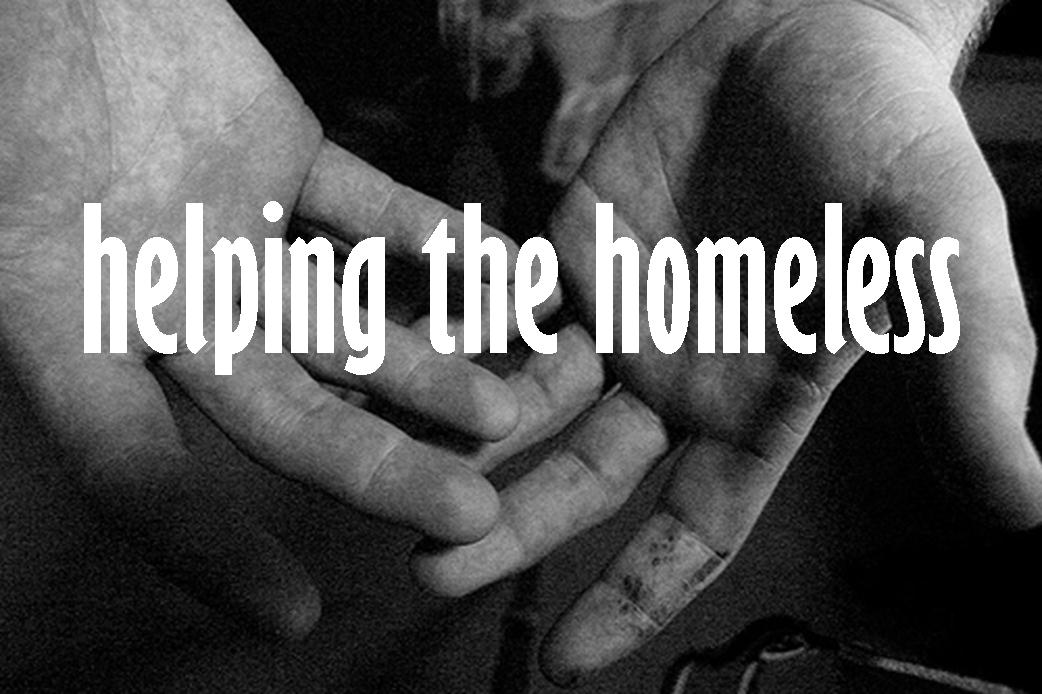This should-read essay discusses the arguments for and against foreign aid, and the benefits of a trade-centered agenda. It also examines the effects of pandemics on the poor, and the need for government intervention to improve living conditions in third-world countries. It ends with a call for more global action. But, which side of the debate should we take? And what should we do about these arguments?
Arguments against foreign aid
A number of arguments against foreign aid are rooted in historical leftist critiques of the welfare state. In his Address to the Communist League, Karl Marx criticized these basic institutions of the welfare state. Although his critique was never adopted as Marxist dogma, it persists in the debate over foreign aid. Some argue that foreign aid is unnecessary because it promotes neoliberal economics and undermines domestic peace. Others argue that aid has detrimental effects on developing countries, especially those that do not practice good policy in the United States.
Other arguments against foreign aid revolve around the fact that the money given to developing countries is often used for military purposes. There is limited evidence that aid is beneficial for poor countries. Moreover, it is difficult for developing nations to manage development programs themselves. In addition, a developing country lacks the necessary institutional capacity to manage the development program itself. This is why many world powers are hesitant to expand their education programs, even though evidence suggests that these investments result in improved living conditions for their people.
Benefits of a trade-centered agenda
The launch of a new report by the World Bank Group and the World Trade Organization on 30 June, the first day of the Review, argues that more must be done to help the poorest countries benefit from global trade. Almost one billion people remain in extreme poverty. The report identifies a range of factors that increase the costs of trade for low-income countries, particularly those in landlocked or small islands. Among them: weak infrastructure, antiquated customs procedures, outdated legal and regulatory structures and corruption at border crossings.
The integration of world trade has raised living standards around the world. While most developing countries have shared in this prosperity, some have seen their incomes soar. As a result, they now account for one-third of global trade and export 80 percent of their manufactured goods. This increase in exports is particularly beneficial for the industrialized countries, where trade barriers tend to be less severe and lower than in developing countries.
Impacts of pandemics on the poor
While this recent coronavirus pandemic poses a new public health challenge, its effects on the poor have been far worse. Poor households are at greater risk of contracting the virus than their wealthy counterparts. As a result, their livelihoods have been affected directly and indirectly. Lockdown policies that affected economic activity, such as temporary closure of MFIs, have further limited the ability of poor households to use coping mechanisms and access basic necessities.
In this case, the pandemic had a persistent negative impact on food expenditures in low-income households, despite the recovery. The pandemic also resulted in an increase in houselessness, but researchers note that this trend had been increasing before the epidemic. Housing insecurity is another important concern that the authorities must address, primarily because low-income households are especially vulnerable to the recovery process. The combination of low-income household income and pandemic-related stressors make the poor vulnerable to additional hardships.
Need for government involvement in improving living conditions in third-world countries
Despite the recent economic downturn, the President of Madagascar spoke at the UNGA and called for a post-crisis world. He said that the world is facing a crisis with 4.5 million deaths, 255 million job losses, and a rapidly deteriorating middle class. The world economy is experiencing a serious recession, with a projected loss of five per cent per capita income.





